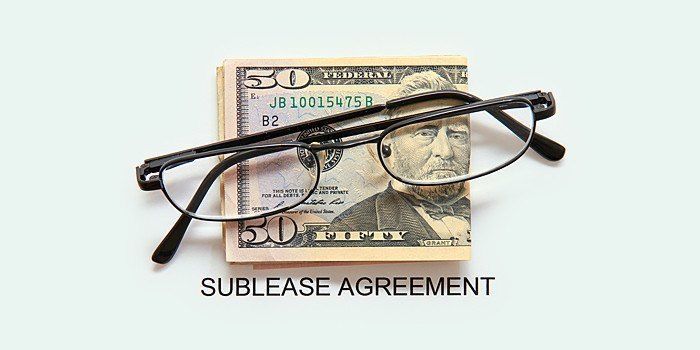Subleasing is a great opportunity for a tenant to honor a lease agreement without having to pay the rent while not living in the apartment. But subleasing can take on challenges of its own.
There are some things to be cautious about when subleasing and apartment or house:
- Does the lease agreement allow tenants to sublease? There are some landlords who don’t want third-party renters living in the units. They often don’t want to deal with a third party, especially since the lease agreement is with you only.
- Do you have a legally binding agreement with the party subleasing your apartment? Because your name is on the lease with the landlord holding you accountable for the apartment, it’s a good idea to write up a formal agreement with your subleasing tenants formalizing in writing how much and how often they’ll pay rent, how they’ll contact you if there are any problems with the unit, and how long they have access to the unit.
- Did you do a background check on your subleasing tenants? Just like your landlord probably checked your rental history report for any notices of late rent payment, evictions or even a bad credit score, you should also do the same for your subleasing tenants. Conducting a background check allows you to determine if the candidate has any negative rental history.
Subleasing is a great way to hold onto an apartment for a short period of time while you might be living elsewhere, and it’s a great way to afford the apartment if you have to leave it prior to your lease ending thanks to a job change or change in location.
Just be sure to proceed with caution and take steps to protect yourself during the process.




